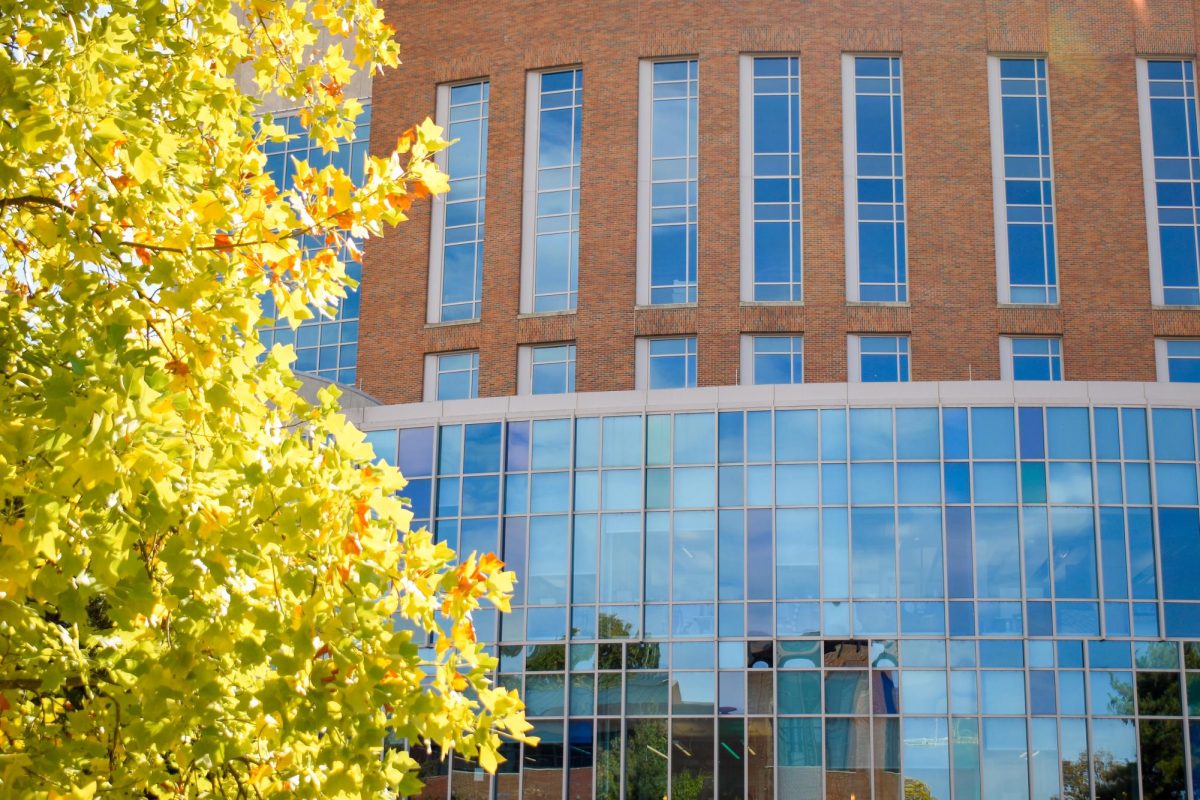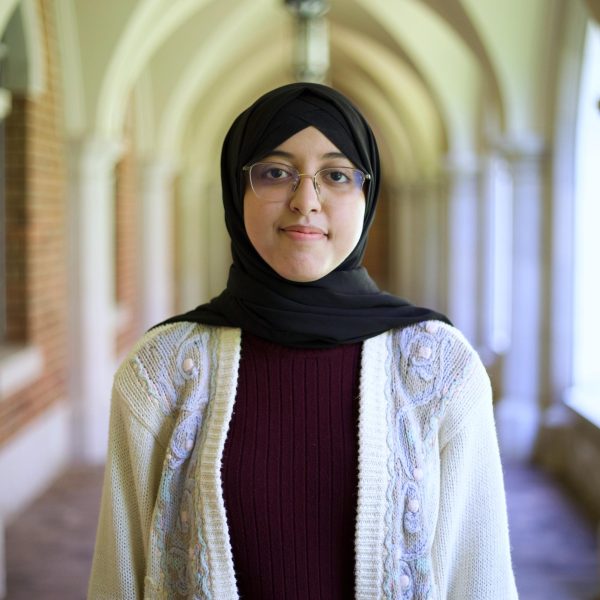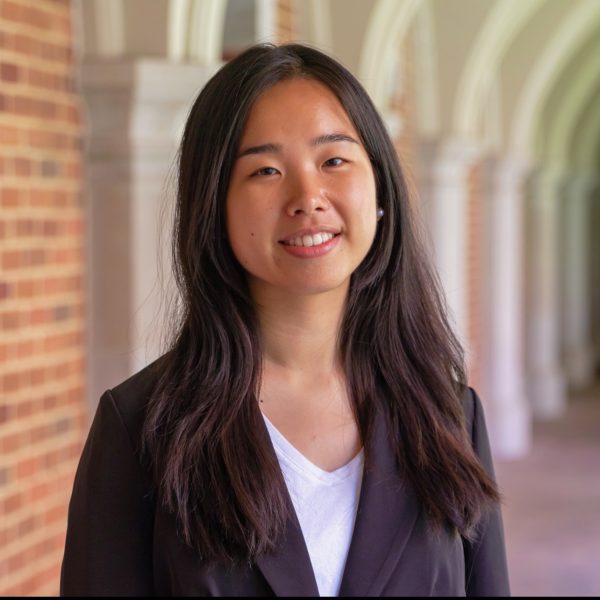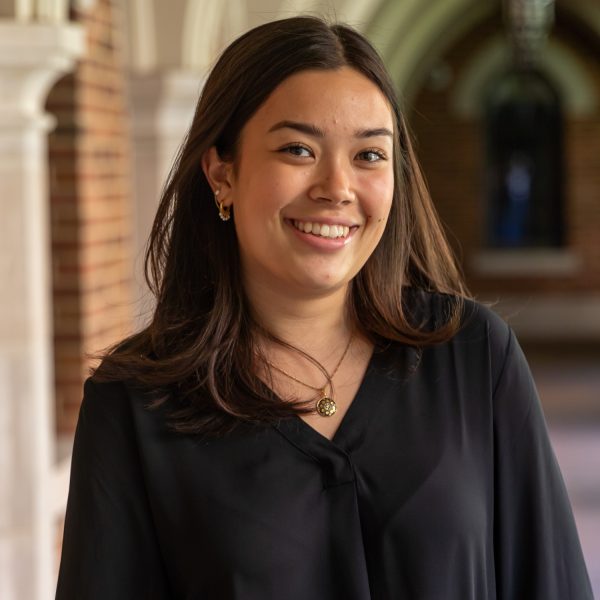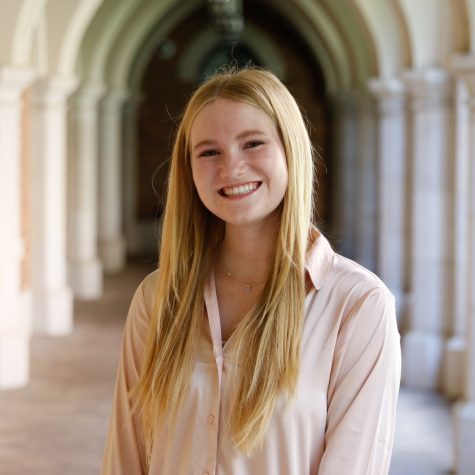Vanderbilt announced plans on March 25 to create a new college featuring programs in various computing disciplines including computer science, artificial intelligence and data science. The College of Connected Computing is the first new addition to Vanderbilt’s existing four undergraduate schools and colleges since the incorporation of the Blair School of Music in 1981.
The college aims to cater to the increasing demand for tech-related degrees and support innovative research in these areas. Chancellor Daniel Diermeier said he hopes the college will foster interdisciplinary collaboration across all of Vanderbilt’s academic divisions, promoting a culture of “computing for all” to bolster education in these fields.
The dean of the new college has not yet been appointed, although the search is expected to start by the end of August, with faculty recruitment efforts following shortly thereafter. This dean will coordinate closely with the Provost and Vice Chancellor for Academic Affairs C. Cybele Raver and Dean of the School of Engineering Krishnendu Roy to make hiring decisions.
In the university’s press release, Diermeier emphasized the critical role advanced computing, AI and data science play in shaping society. He framed Vanderbilt’s commitment to these fields as a means of maintaining academic excellence and promoting groundbreaking innovation.
Yuki Yang, a senior majoring in electrical and computer engineering, said she was surprised when she received the email from the School of Engineering about the opening of the new college.
“I think [the college] will be great because AI technology is growing and affecting our lives strongly,” Yang said. “I might be graduating by the time they open, but I think that the new college will help Vanderbilt develop and improve our engineering school.”
Sarah Reynolds, a junior, expressed excitement for the opportunities she believes the college will bring.
“This new college opens up so many possibilities for interdisciplinary collaboration,” Reynolds said. “I’m thrilled to see Vanderbilt taking such a proactive approach to integrating computing across disciplines.”
Janice Chung, a first-year, emphasized the possible implications she believes the college will have on students’ job prospects in various technological fields.
“I feel like it’s too early to say anything, but I believe that if they play their cards correctly then I can see Vanderbilt becoming a target school for computer science,” Chung said. “I know a lot of computer science target schools like Georgia Tech and Carnegie Mellon already have a separate school dedicated to computing, so I’d say it’s about time.”
Chung also expressed optimism about the college’s potential to become a thriving addition to Vanderbilt’s technology curriculum.
“If the college has expansive programs, then it can definitely open new opportunities,” Chung said. “Finding a job in the tech industry can be overwhelming, so hopefully this will allow students to explore different paths tailored towards individual interests.”
The university also announced the creation of the Connected Computing Task Force, a group of faculty members who will be recommending the departments, degree programs and research initiatives for the new college. Anthropology Professor Steven Wernke, a member of the task force, said he believes the new college will promote “computational resources” in a way that is “needed now more than ever.”
“We need to [focus on] how computing can advance diverse knowledge pursuits. The College of Connected Computing will do this,” Wernke said. “It’s about radical collaboration: how computing connects a wide variety of research and learning pursuits. These connections spring up in unexpected places and ways.”

